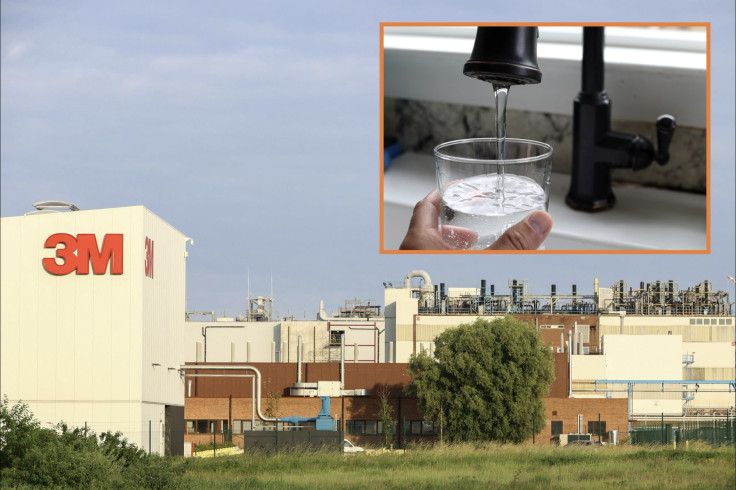
Residents of Jersey have been advised to undergo bloodletting therapy to reduce dangerously high levels of toxic "forever chemicals" in their bodies after decades of exposure to contaminated drinking water.
The contamination stems from firefighting foams used at Jersey Airport since the 1960s, manufactured by U.S. conglomerate 3M, The Guardian reported. These foams contained PFAS (per- and polyfluoroalkyl substances), a group of over 10,000 chemicals linked to severe health conditions, including cancer, thyroid disease, and immune system disorders.
Blood tests on 88 residents living in the most polluted area near St Ouen's Bay revealed that 70% had dangerously high levels of PFHxS, a chemical associated with impaired brain development and thyroid dysfunction. Over 30% had elevated PFOS, a possible carcinogen, and 18% had high levels of PFOA, a confirmed carcinogen.
In response, Jersey's government established an independent PFAS scientific advisory panel, which recommended offering bloodletting—a medical procedure that removes small amounts of blood to lower PFAS levels. Though the therapy must be repeated to remain effective, studies suggest it can help reduce these harmful chemicals in the bloodstream.
"I just want this out of my body. I don't want to end up with bladder cancer," said Sarah Simon, one of the affected residents.
However, concerns remain about the continued presence of PFAS in the island's public water supply. Despite Jersey Water ceasing use of its most contaminated borehole 15 years ago, it only stopped using five additional polluted sources in 2022. All reservoirs still contain PFAS at medium-risk levels.
Long-term exposure has already taken a toll. Graeme Farmer, who lived near the airport in the 1990s, now has multiple myeloma—a blood cancer linked to PFAS exposure. His father developed kidney and bladder cancer during the same period.
While bloodletting therapy could cost the government £200,000 annually for 50 people, residents argue it's a small step without broader action. "The authorities seem to say that the plume is the only area of contamination, but it isn't," said former airport engineer Jeremy Snowdon, who believes bloodletting is pointless if they don't "reduce [the] levels" in the water. "We know it's everywhere."
© 2025 Latin Times. All rights reserved. Do not reproduce without permission.





